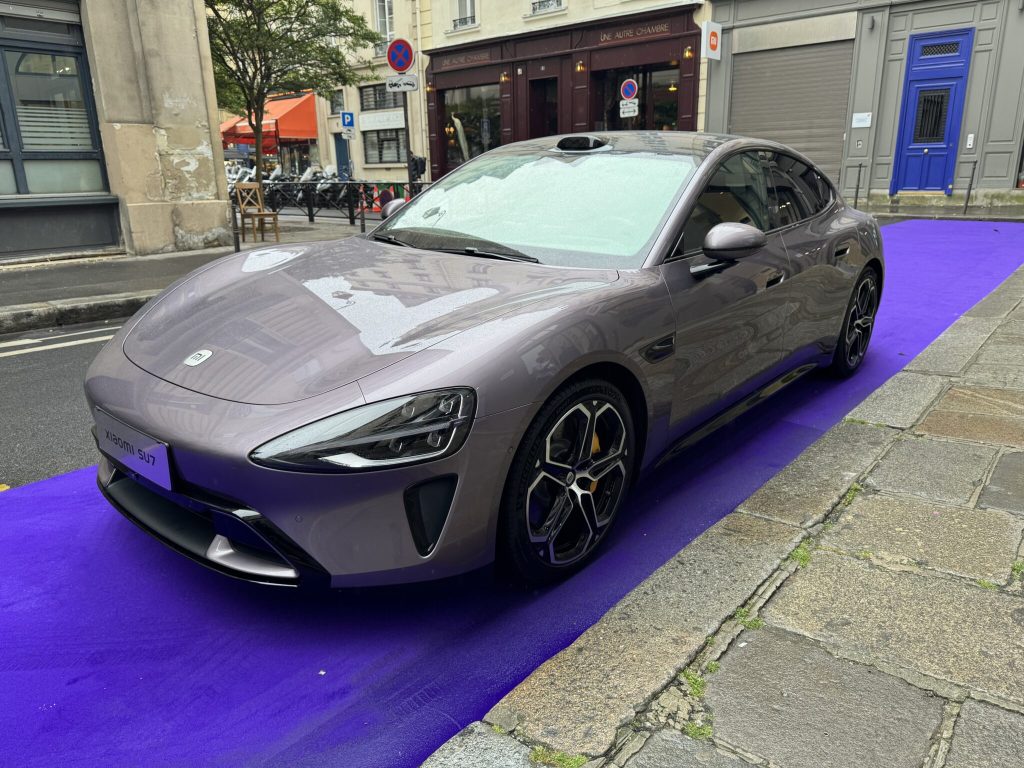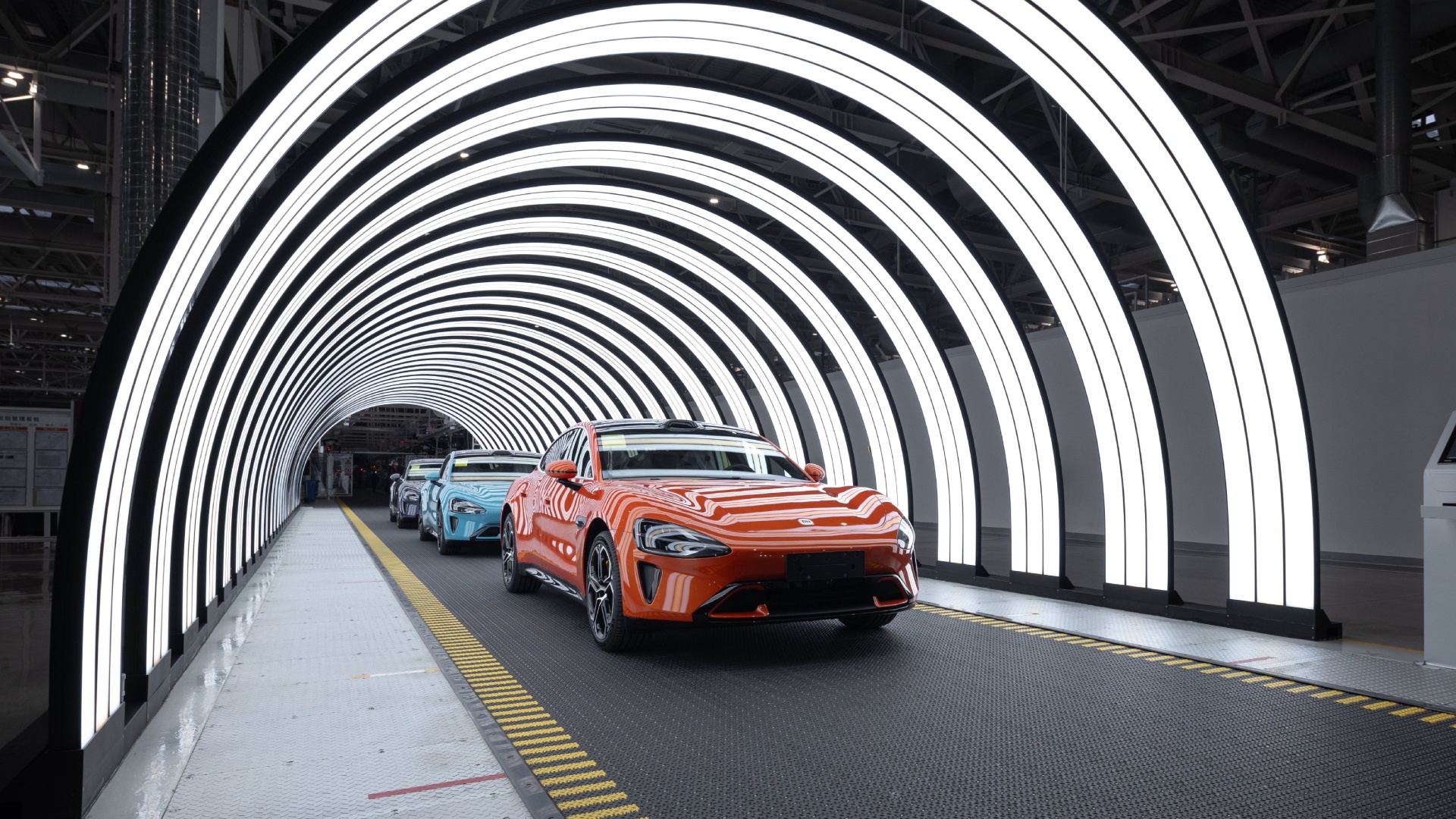Xiaomi rejected its international expansion for its electric cars and preferred to focus first on the development of the Chinese market. It could change, but not necessarily for Europe.
On February 10, 2025, Xiaomi would sign an agreement with the Leasing Hyperion Leasing (Tianjin) to accelerate the export of its electric cars to key markets. This company associated with the Chinese conglomerate of Sinomach is mentioned 11 February Carnewschin Media, which quotes an official press release. Xiaomi chief is silent for this moment, which promotes caution.
Precise details about targeted markets have not been published. However, everything suggests that Russia is at the top of the Xiaomi market list. Meanwhile, Europe does not seem to be an immediate priority despite the growing taste for electric vehicles.
Export strategy focused on Russia, but why?
Leasing Hyperion is already well established in Russia, where it distributes unknown brands of cars in Europe. This partnership with Xiaomi is probably the goal of introducing models of brands to the Russian market, where the demand for electric vehicles is expanding. Recall that European and American cars of cars had to withdraw from the Russian market due to sanctions used for the war in Ukraine.

However, the Russian car market market will not stop, Chinese brands have replaced European brands there. The gray market also allows Russia to import vehicles through diverted songs.
Currently, models like Xiaomi SU7 are already present in Russia through these parallel import channels, and last year 179 units were sold. This new agreement could formalize and intensify this presence.
Xiaomi: a strategy that develops very quickly
Since the launch of its first electric sedan, SU7, March 2024, Xiaomi has experienced an impressive ascent. More than 150,000 units have been sold in China in less than a year, exceeding the company’s initial targets.
Based on this success, Xiaomi plans to increase its factory production in 2025 and achieve 300,000 units. The brand does not stop there and plans to diversify its range by running SU7 Ultra and YU7 SUVs planned for the Mi-2025. Even if the Chinese market is enough for Xiaomi, it is internationally that Chinese manufacturers carry out their margins. Xiaomi will therefore have to manage its exports, probably faster than the originally planned Lei Jun.

Europe is likely to wait
Despite the remarkable presence in MWC in Barcelona in 2024 and an ambitious statement of international expansion by 2030, Xiaomi seems to accept caution of the European market. The slowdown on the European market and the surcharge on electric cars encourages Chinese brands to improve their strategy to be there. Europe is much more complicated than other markets such as Southeast Asia, Latin America or the Middle East.
It does not seem that the leasing of Hyperion is not the right lever that conquered the old continent. Xiaomi is sure to realize this with his experience with high-tech products. If you want to anchor in Europe, you have to invest massively sufficiently and that the brand is involved to give the impression that it is attentive. Xiaomi knows how to do it, how she could demonstrate it by exposing SU7 in Paris during the Olympic Games.

If development in Europe has to form, it will be the mouth of the Xiaomi boss, Lei Jun, which we will learn.

